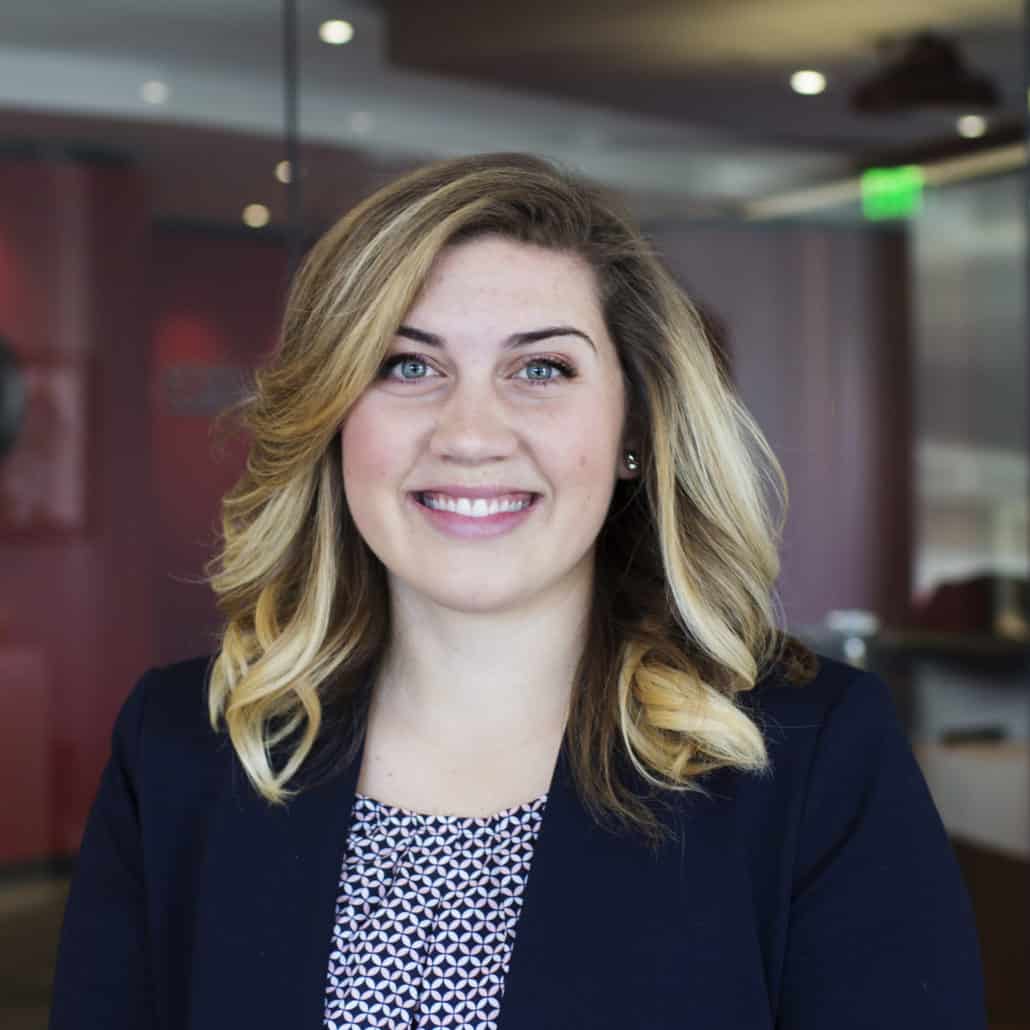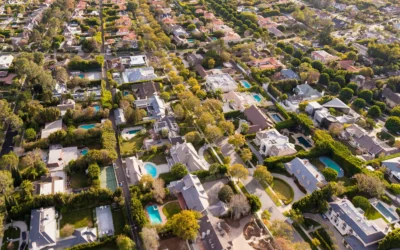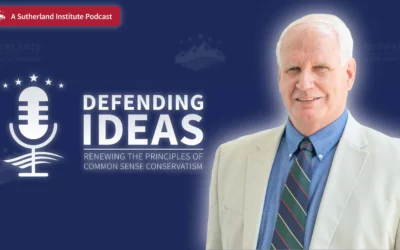
Written by Amber Maxfield
May 25, 2018
With the primary elections coming up, I have heard people speculate about whether millennials – or younger generations – will show up to vote or be involved in the political process at all.
But I wonder if millennials know how to do this. My experience may not be typical, but my high school government class was a boring lecture held the first hour of my day right after a two-hour swim practice – and I confess, my teacher’s monotone voice may have lulled me to sleep more than once. So, in an effort to help my friends, here are some tips that will help you get engaged … in the political process (sorry, I can’t help with your relationships).
No. 1: Be aware of local, state and national news.
This is different for everyone. It might look like perusing news sources every morning or listening to podcasts or the radio on the way to work. It also might be subscribing to those news sources to get daily updates. It could also be setting Google alerts through your email on specific topics. This task may seem overwhelming with the constant barrage of 24-hour news coverage – but as you begin, you’ll learn how to navigate the headlines and sort through the information. You may even find yourself interested in a subject or two.
No. 2: Ask questions.
Start conversations with others and see what they know about current local and national news. Talk to your family and people in your home and work communities. Ask Google. Don’t worry about sounding silly. Your questions will lead to good conversations and even friendships. You may also get clarification on topics. FYI, news sources often lean a certain way. Find out where and try to balance your resources, so you can see multiple viewpoints.
No. 3: Register to vote.
An uninformed vote is similar to – or maybe worse than – not voting. My first time voting right out of high school was a wakeup call. It was a presidential election and I sincerely thought I was only going to be voting for the presidential candidate of my choice (face palm). It turns out that there were a lot of choices on the ballot, including local issues that I knew nothing about! It was awful. Voting is a privilege, and I would encourage us to take it seriously by preparing ahead of time. You will need to register to vote if you have recently moved, or if you haven’t voted in the last 4 years. A good place to start is vote.utah.gov, where you can put in your address to find out about elections in your area (or follow them on Twitter @ElectionsUtah for updates). That website will take you to a voter registration page. If you want to vote in the primary elections, you will need to register before June 19. If you want to vote by mail, you will need to register by May 29.
No. 3: Know what is on the ballot.
To find this information, you can go to Ballotpedia and look at the “Utah Elections, 2018” page. Make sure to check the links to find out who is running for the Utah House or Senate seats, the school board, local judges, and the ballot measures (including the marijuana ballot initiative – a hot topic in Utah). Again, ASK QUESTIONS. Make sure those you vote for are reliable people, and read the fine print of a ballot initiative – it never hurts to dig a little deeper.
No. 4: Know who your elected officials are.
On the website vote.utah.gov you can also find out who your elected officials are and their contact information. That’s right, all of them – from the U.S. senators to your city mayor. They even make a list that is easily downloaded and printed. The choices these officials make in office affect you, your family and your community. Follow them on Twitter, see what issues are important to them, and attend some of their events.
No. 5: Begin with your community.
Volunteer. Show up. In fact, this is something millennials are good at. Protesting is great for getting the word out, but where is the action afterward? We can call on the federal government to change, but the real change happens in our community when we notice issues and when we find solutions with our local leaders. Here’s an example: Every day on my way to work, I drive past the same intersection. More than once, I have noticed the trash piled around and stuck in the sagebrush. One day I decided to take action. I Googled the adopt-a-highway program and emailed the woman in charge. I asked if I could clean up that intersection and if she would provide the supplies. Long story short: It was too close to an interstate and according to their policy, it was off limits for pedestrians. They would need to send a trained team. However, she said, “Thank you so much for being proactive and willing to help rather than just complaining. When the community works with us we can certainly be much more efficient.” So look around. How can you make a difference right where you are?
More Insights
Read More
Protecting property rights against government overreach
While governments can continue to regulate land use, these regulations and fees must be justified by a government interest and proportional to the effect of the development’s impact on that interest.
Do we need to care about the Utah State Board of Education?
For any Utah voters who also feel like K-12 public education is headed in the wrong direction, learning about the candidates running for a seat on the Utah State Board of Education (USBE) is a wise choice this election season.
Defending education choice the right way
Education choice has exploded in popularity across the nation in recent years. So why does it remain a contentious point of debate in some parts of the country?


